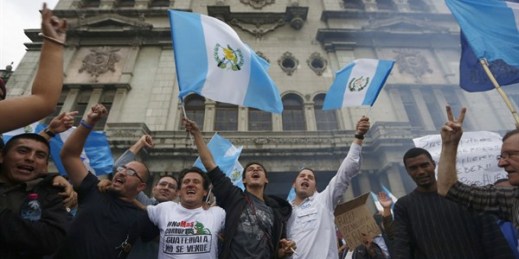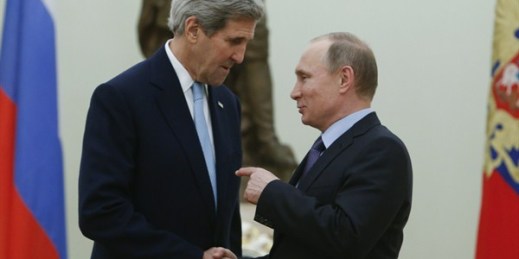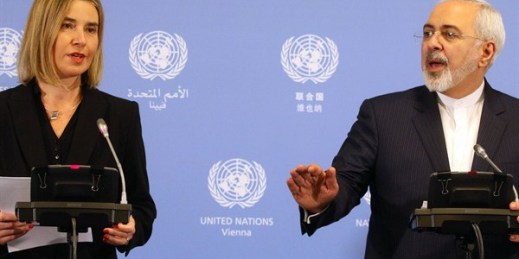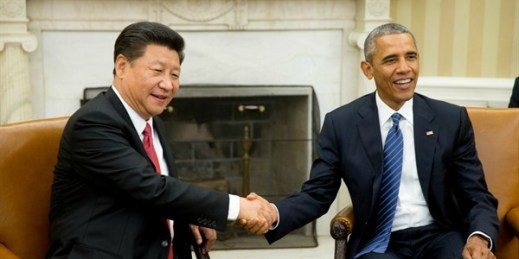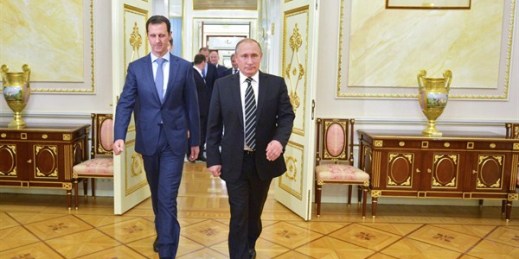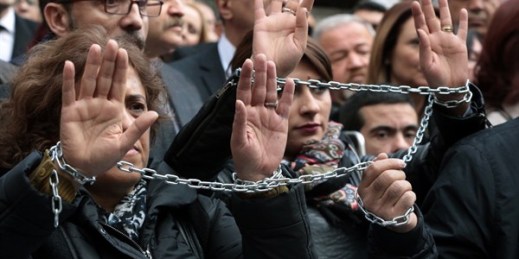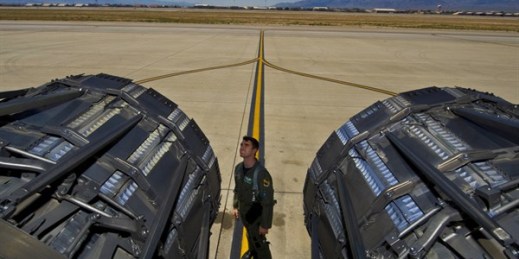
American security strategy often twists and shifts. The White House changes hands; partners come and go; enemies emerge and fade; and threats rise and fall. But throughout all the change, there are constants, and none are more enduring than a preference for indirect applications of military force, particularly airpower. There are good reasons for this. Relying on airpower, rather than direct methods that put U.S. troops in close proximity to enemies, lowers American casualties. Airpower exploits America’s technological superiority. And it’s easier to disengage, should things go badly, if the United States does not have troops on the ground. Aircraft […]

